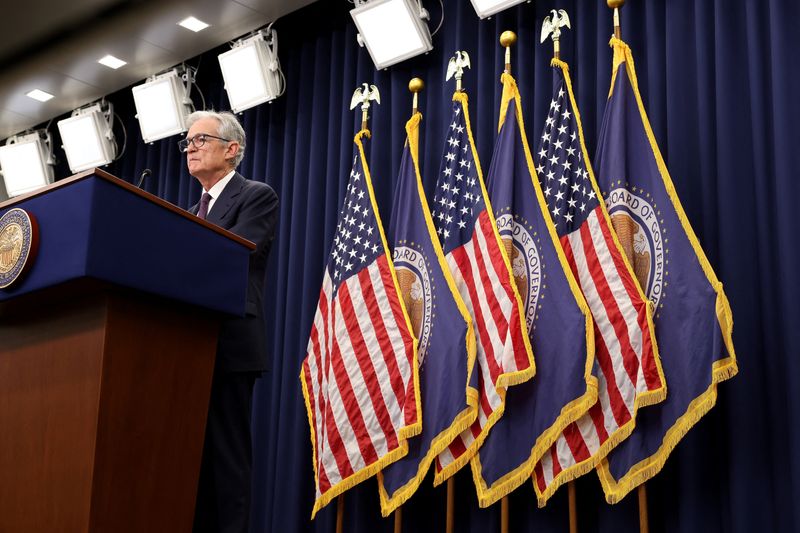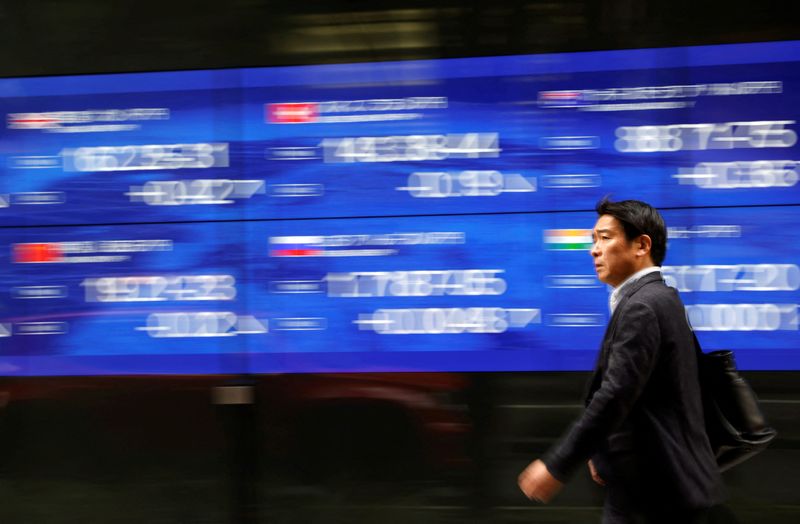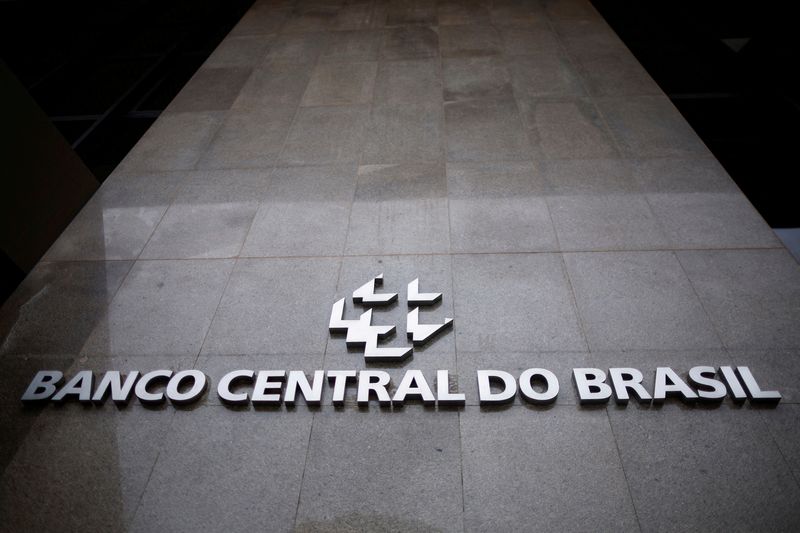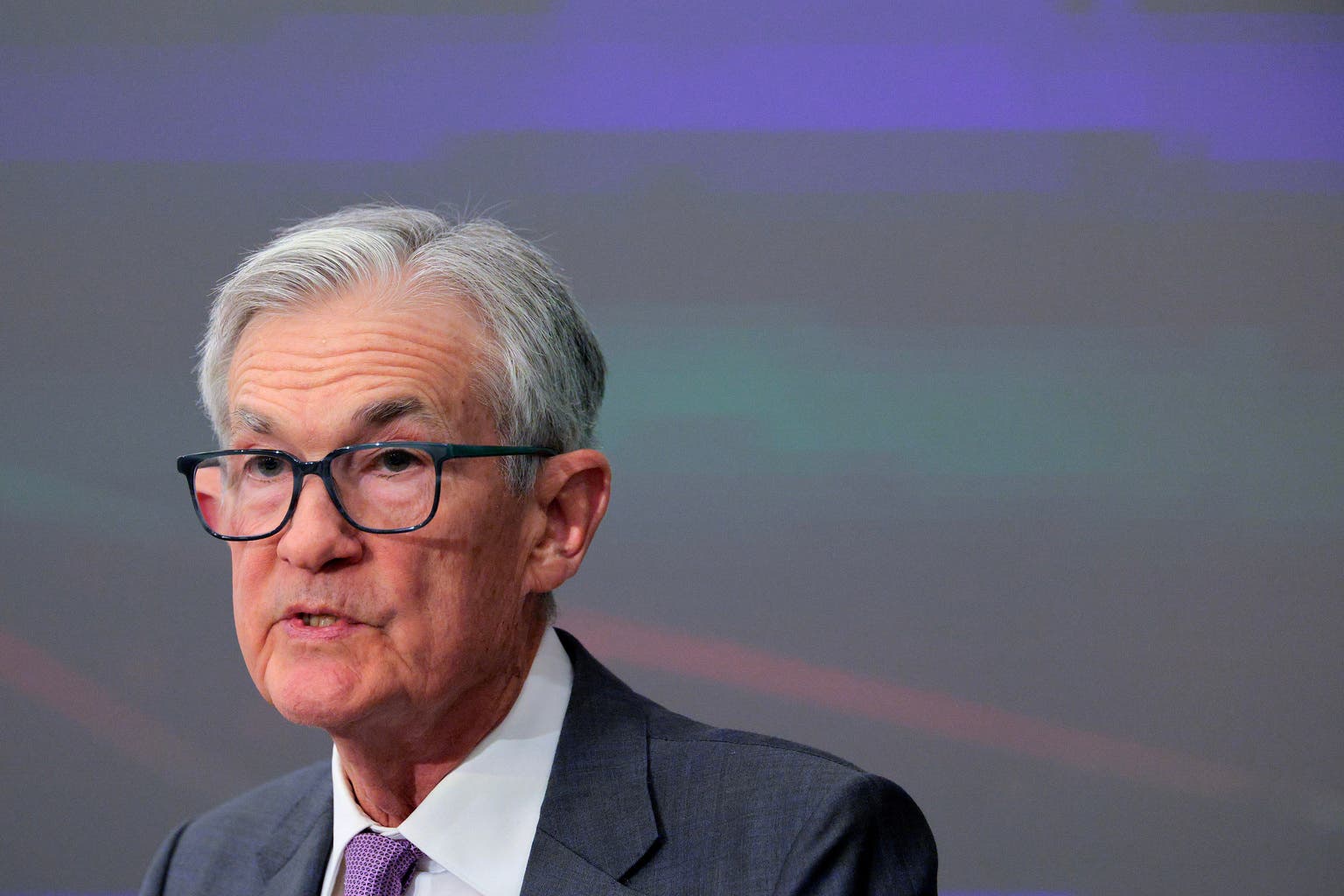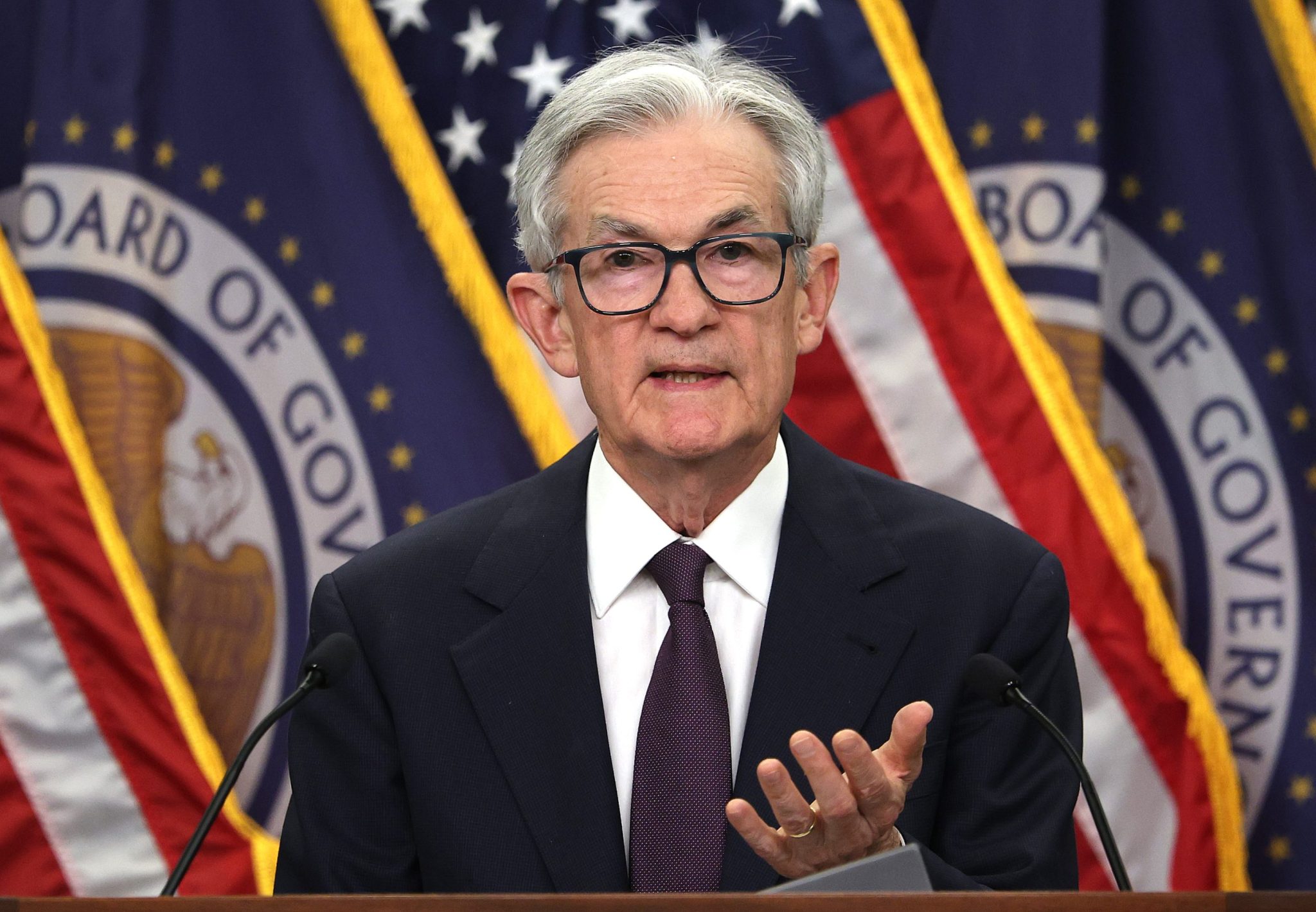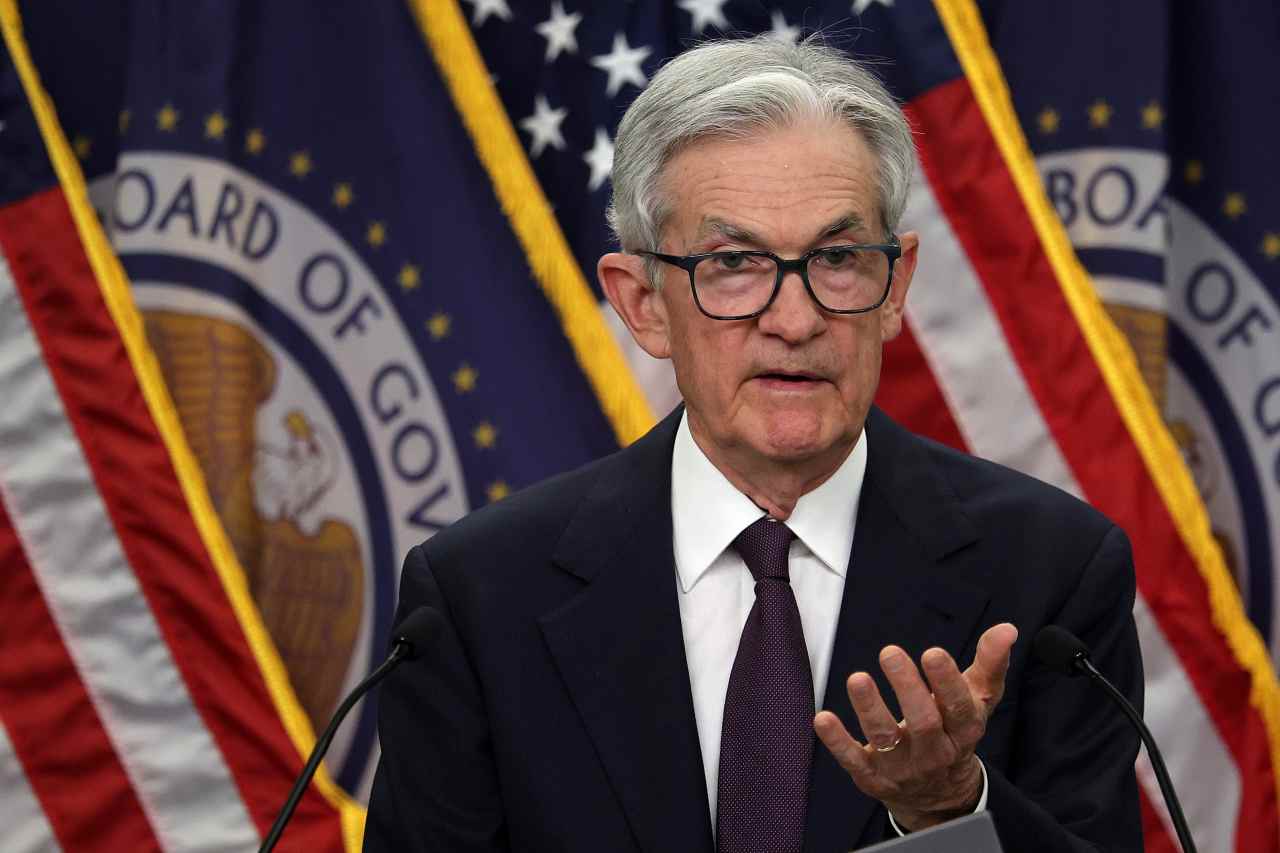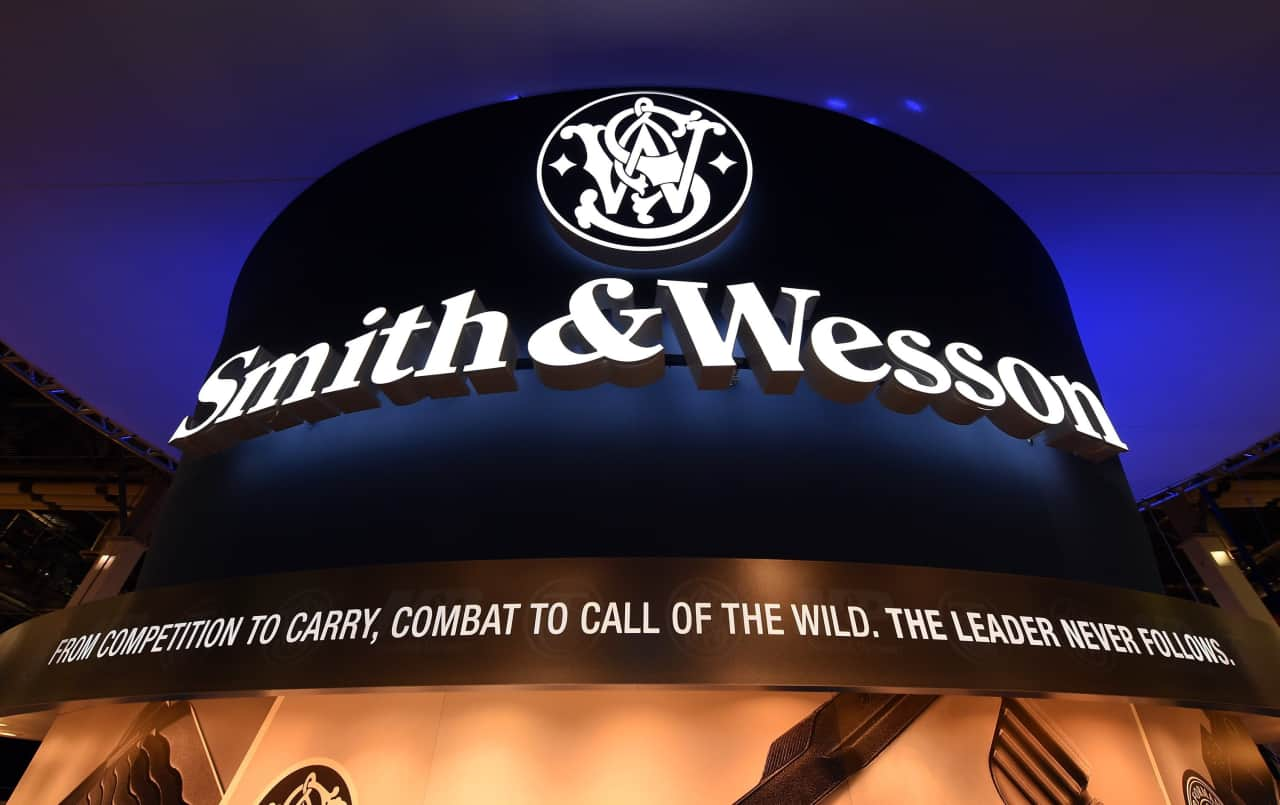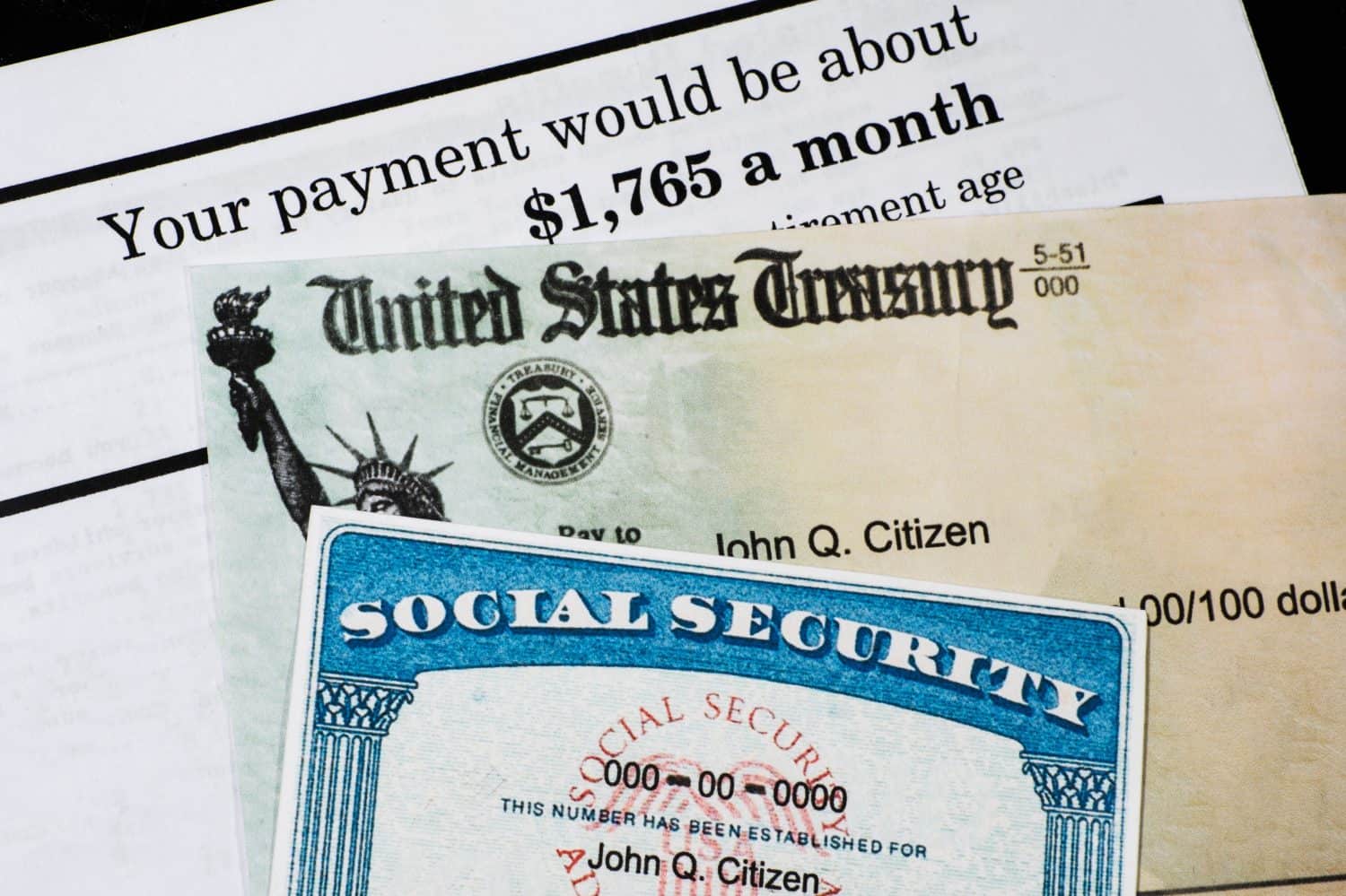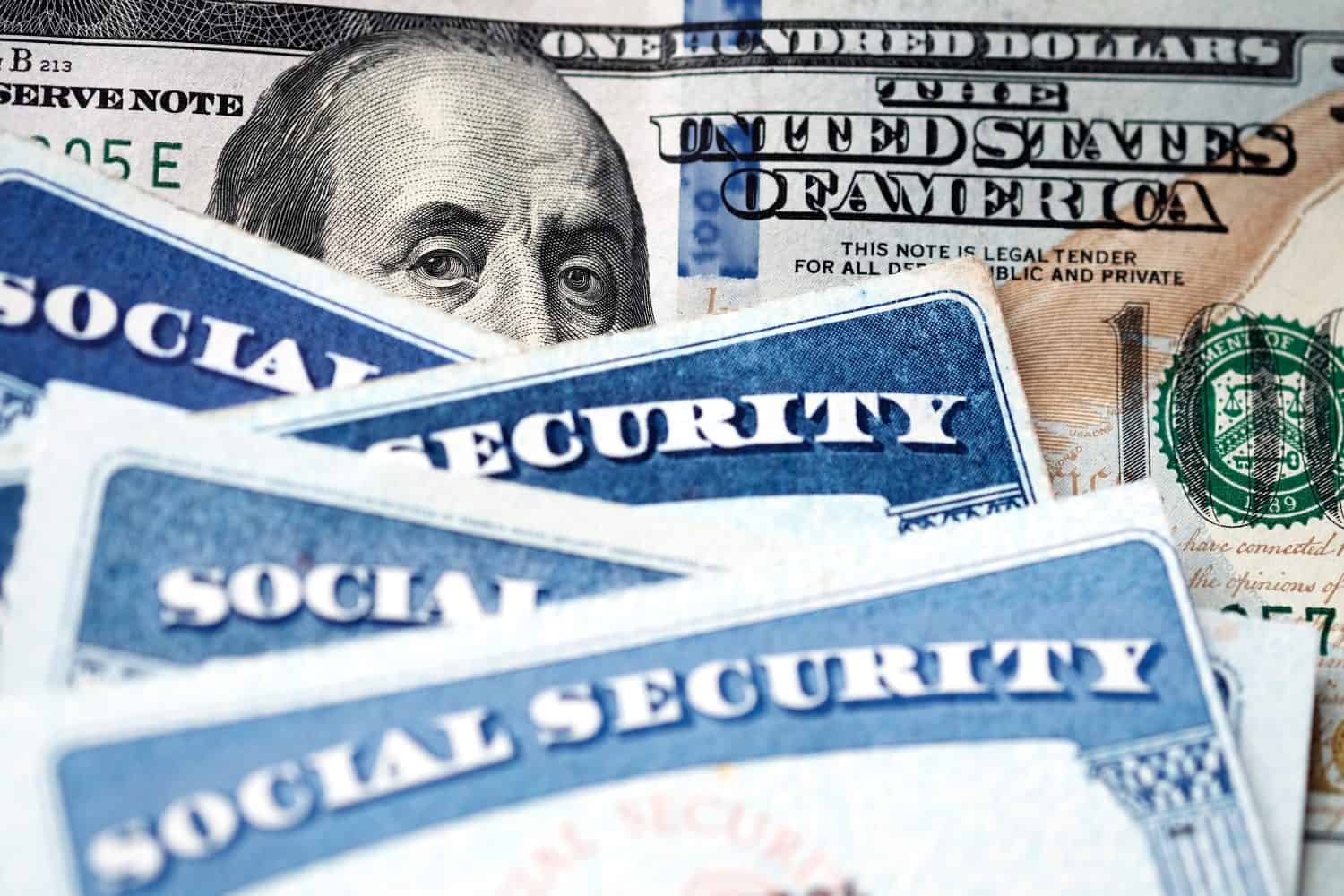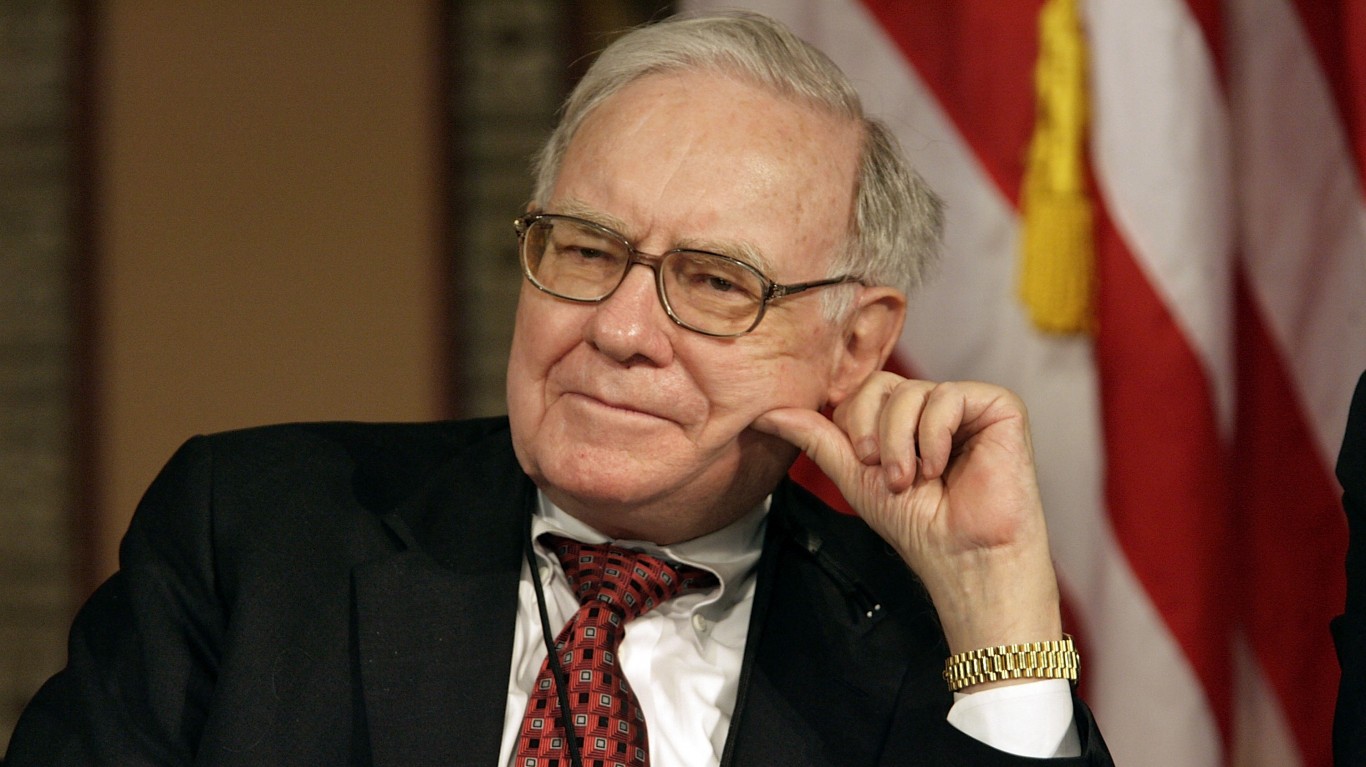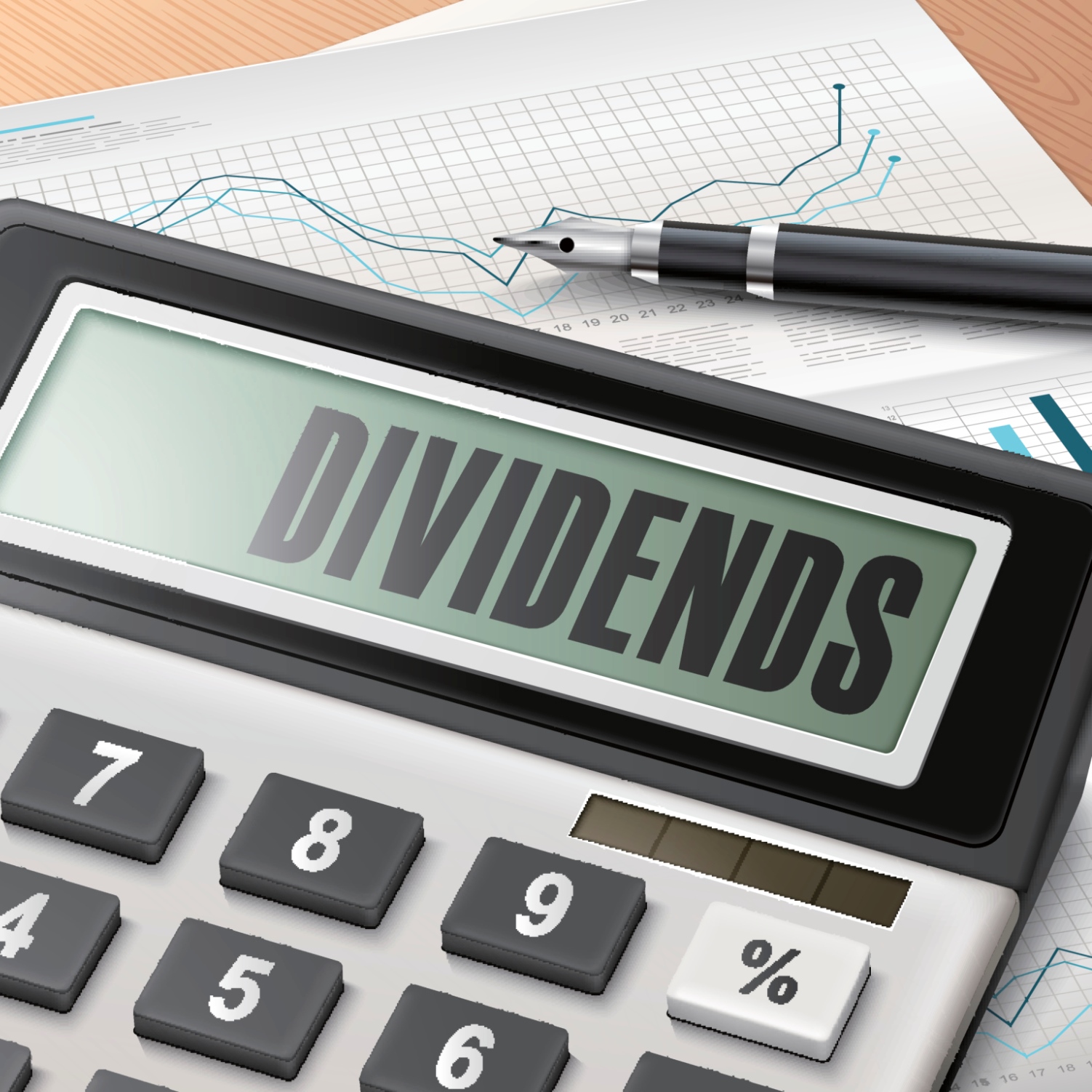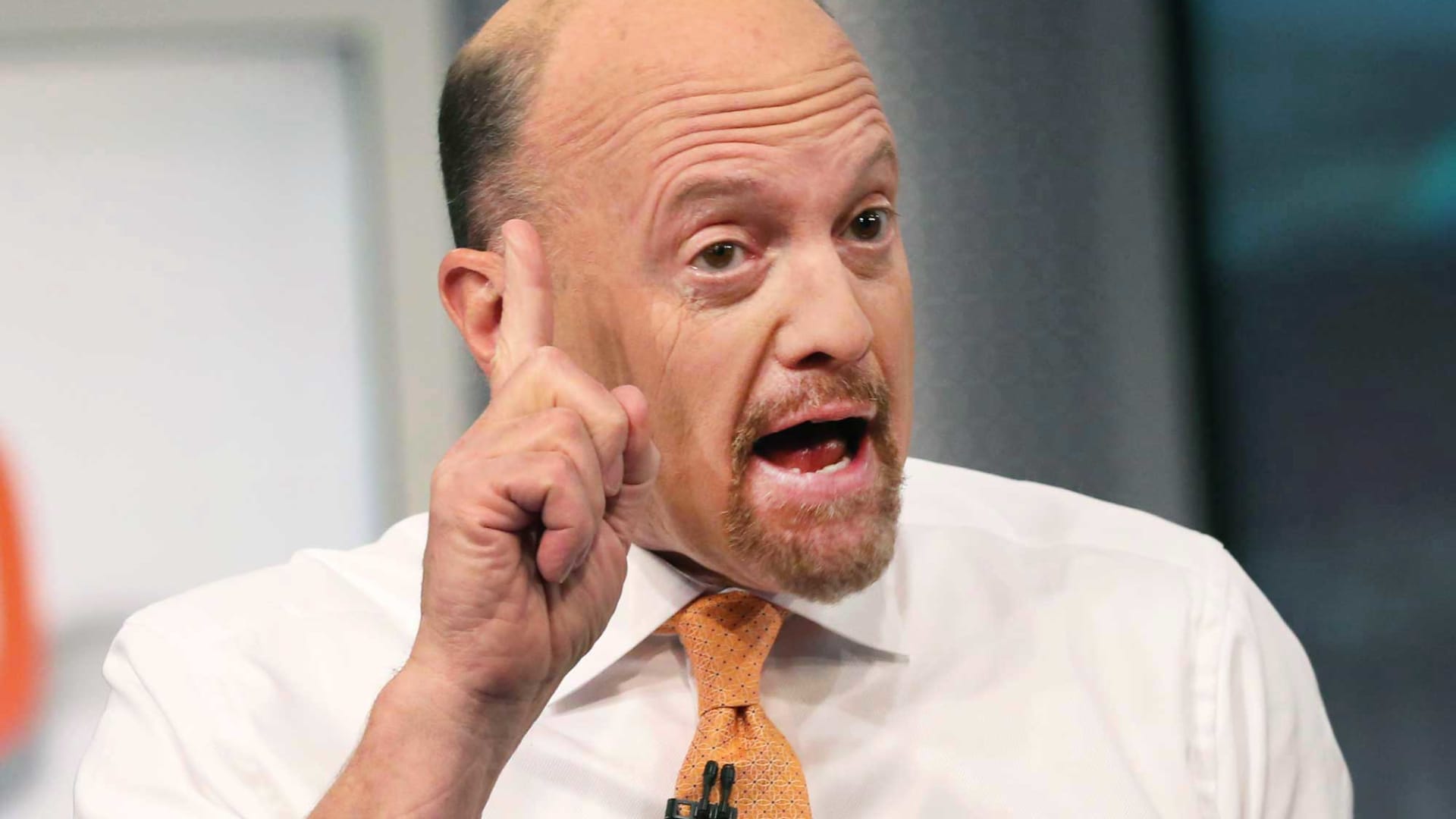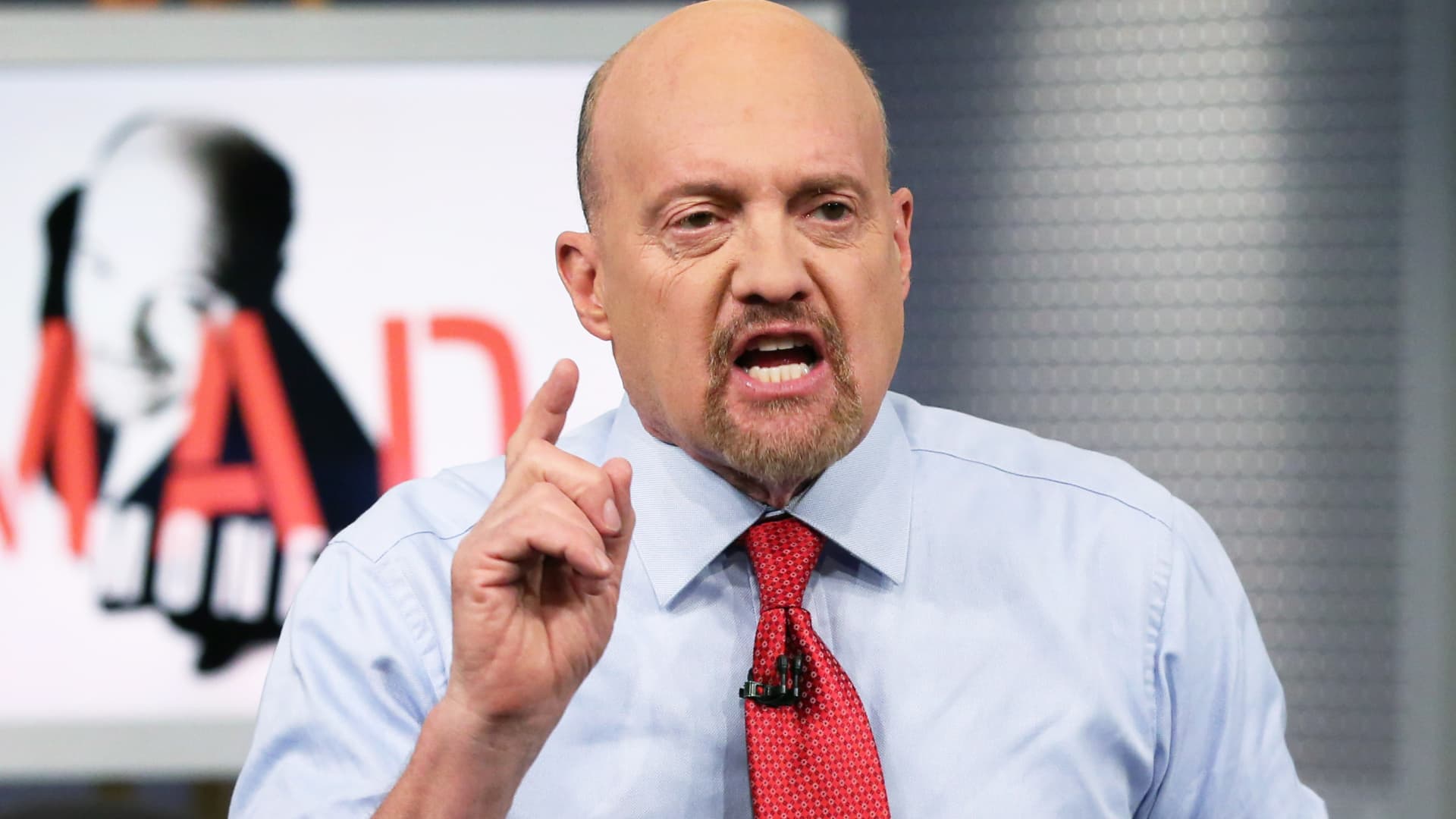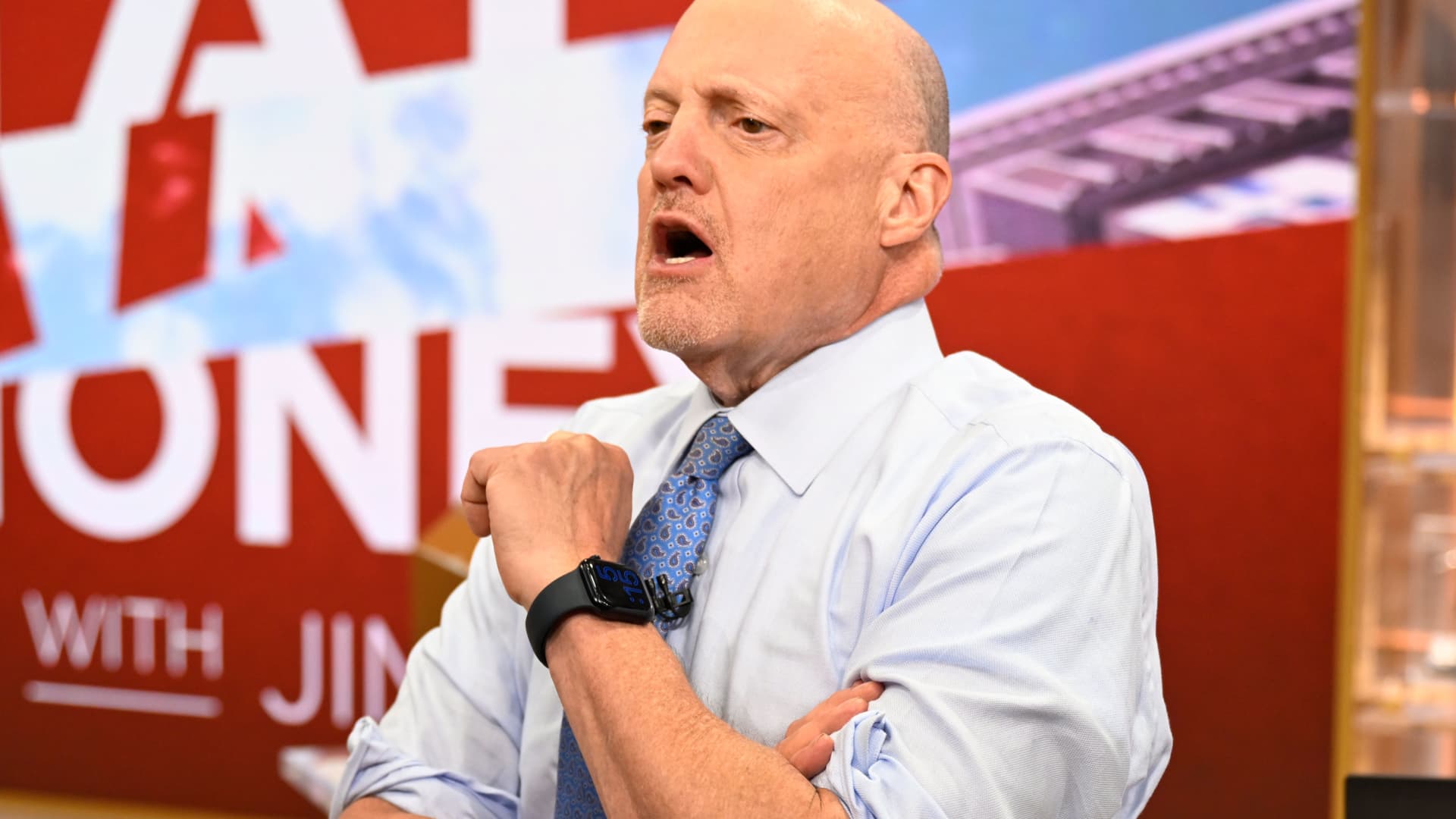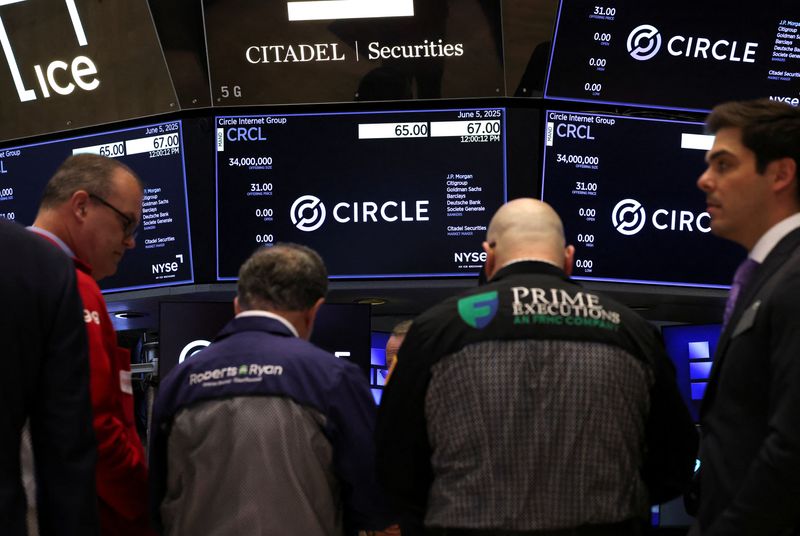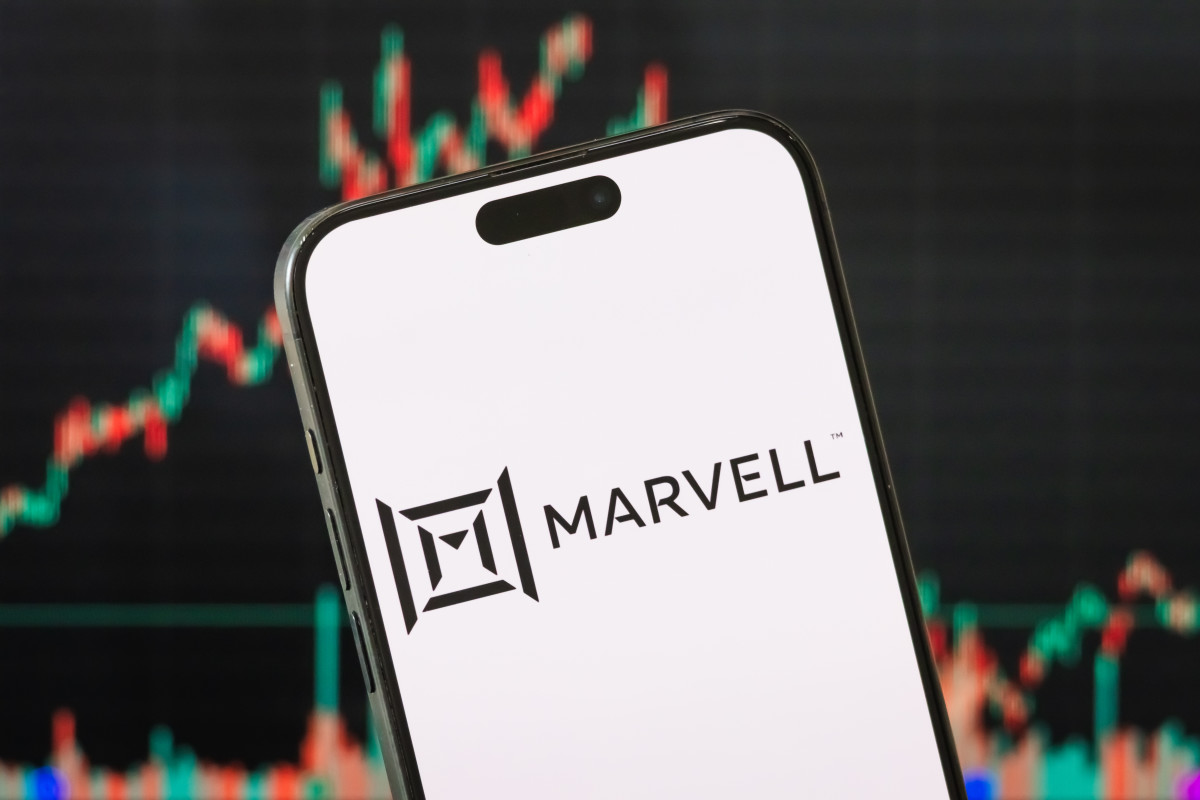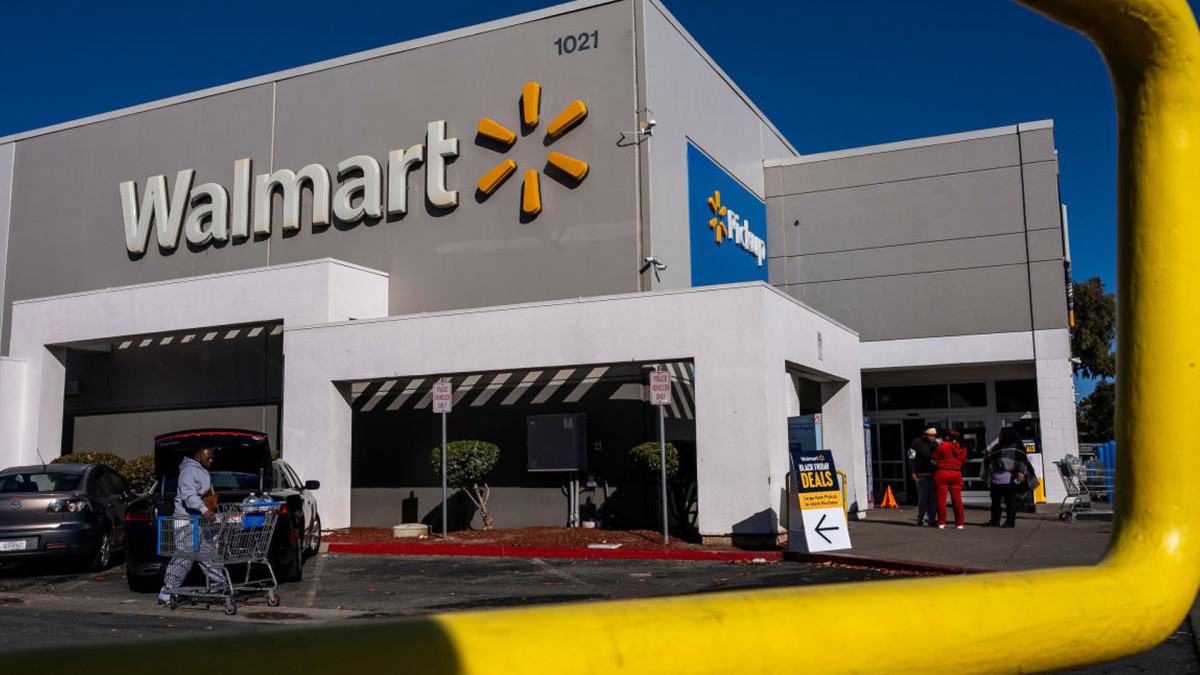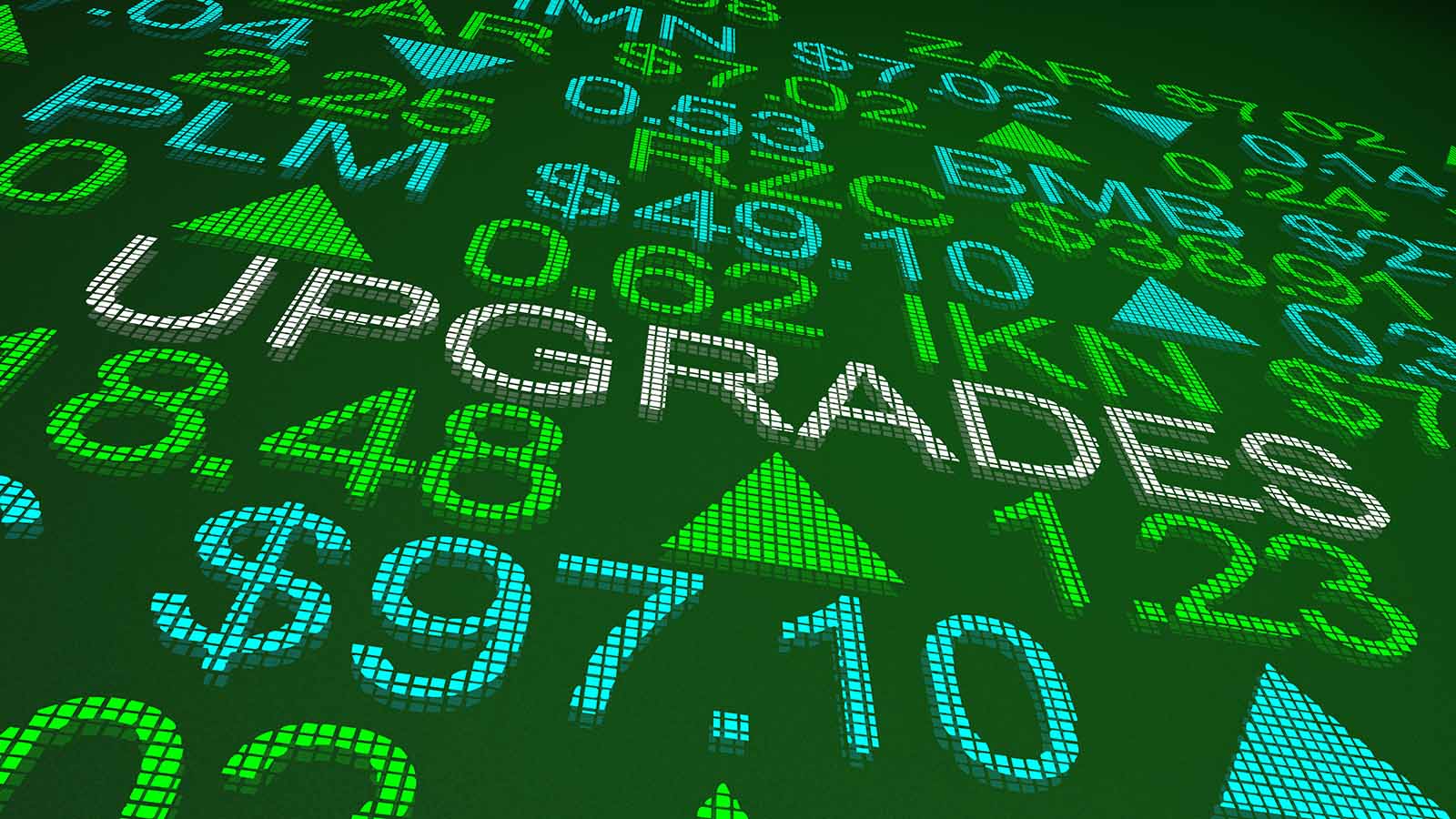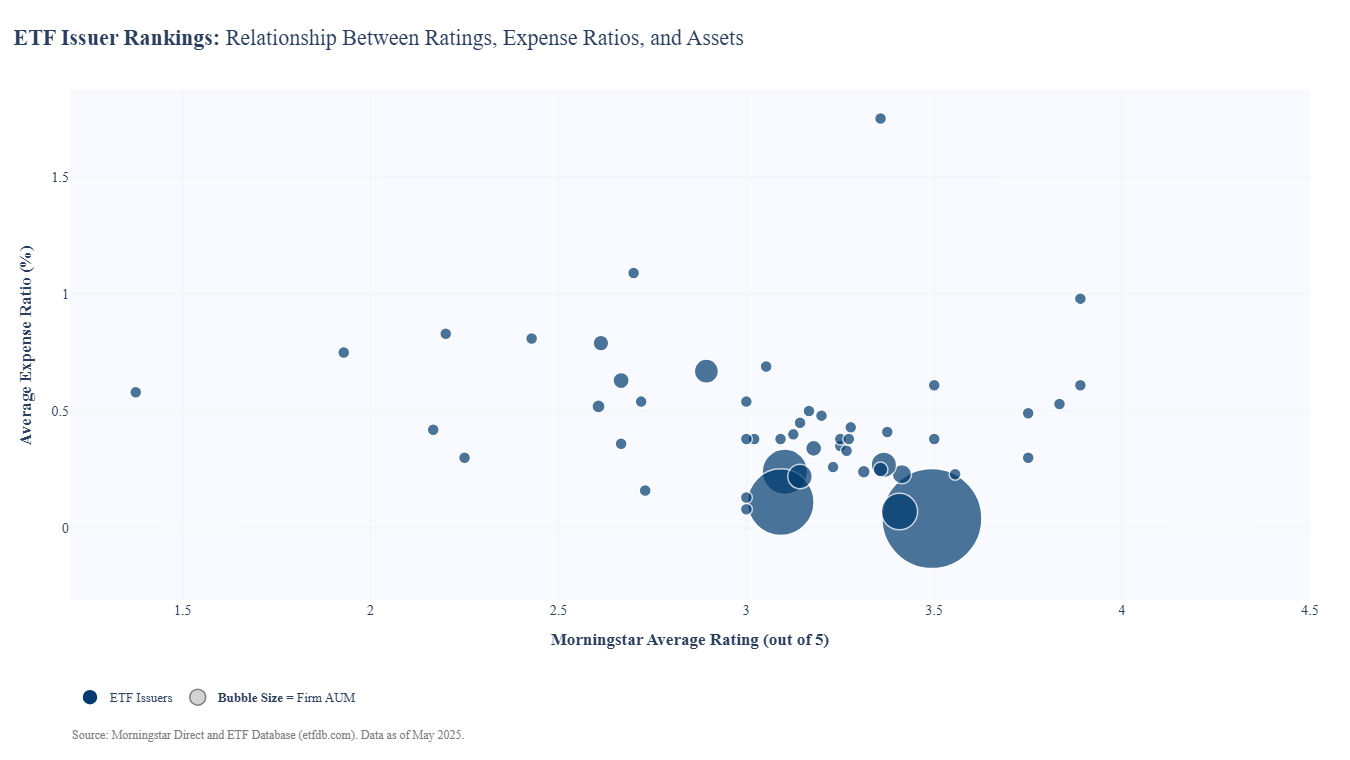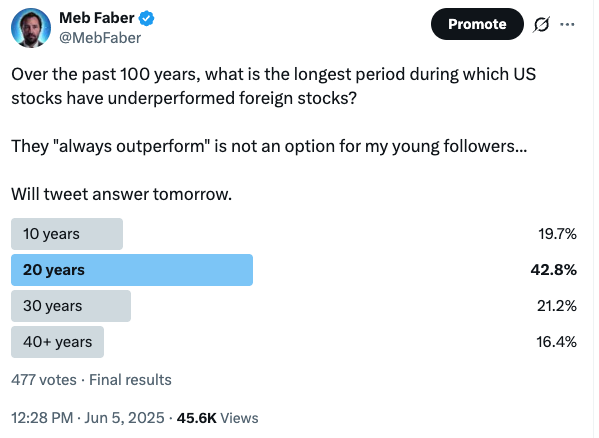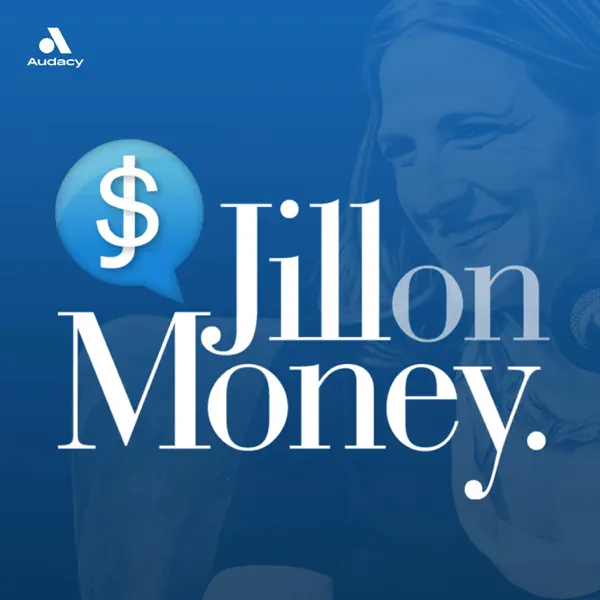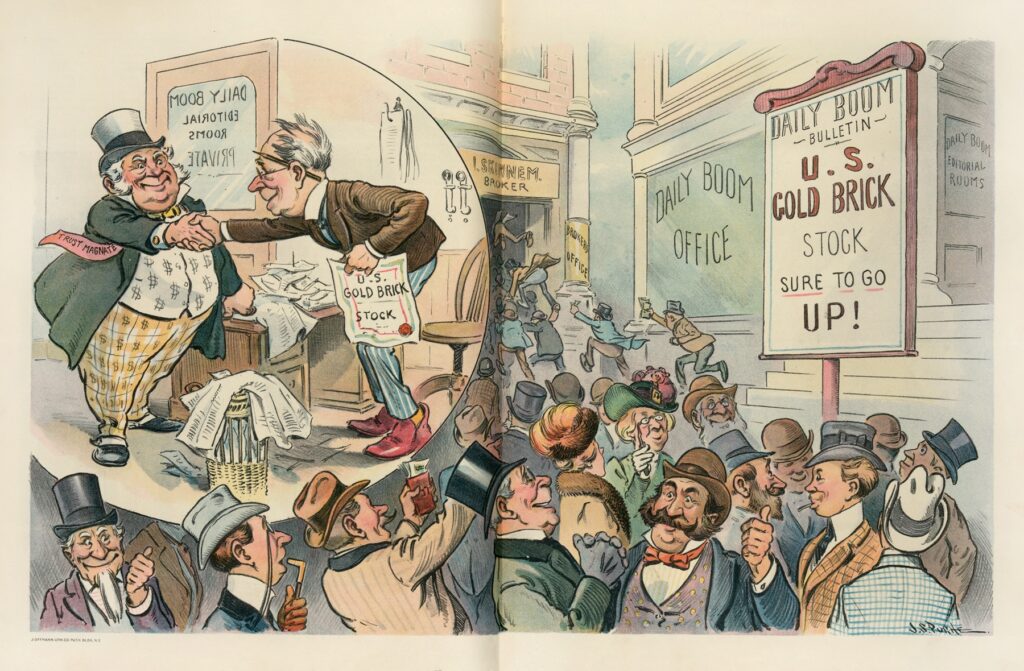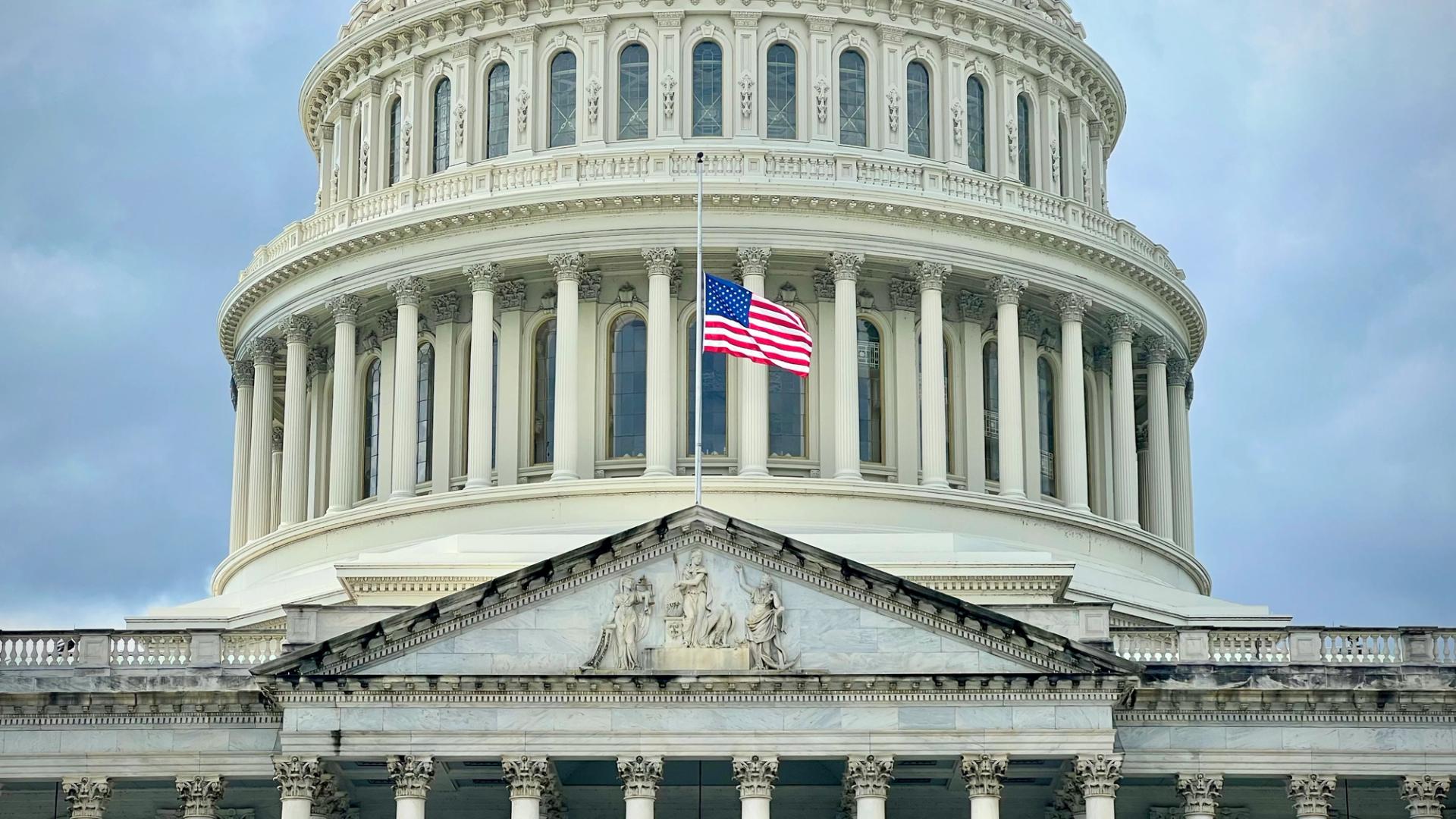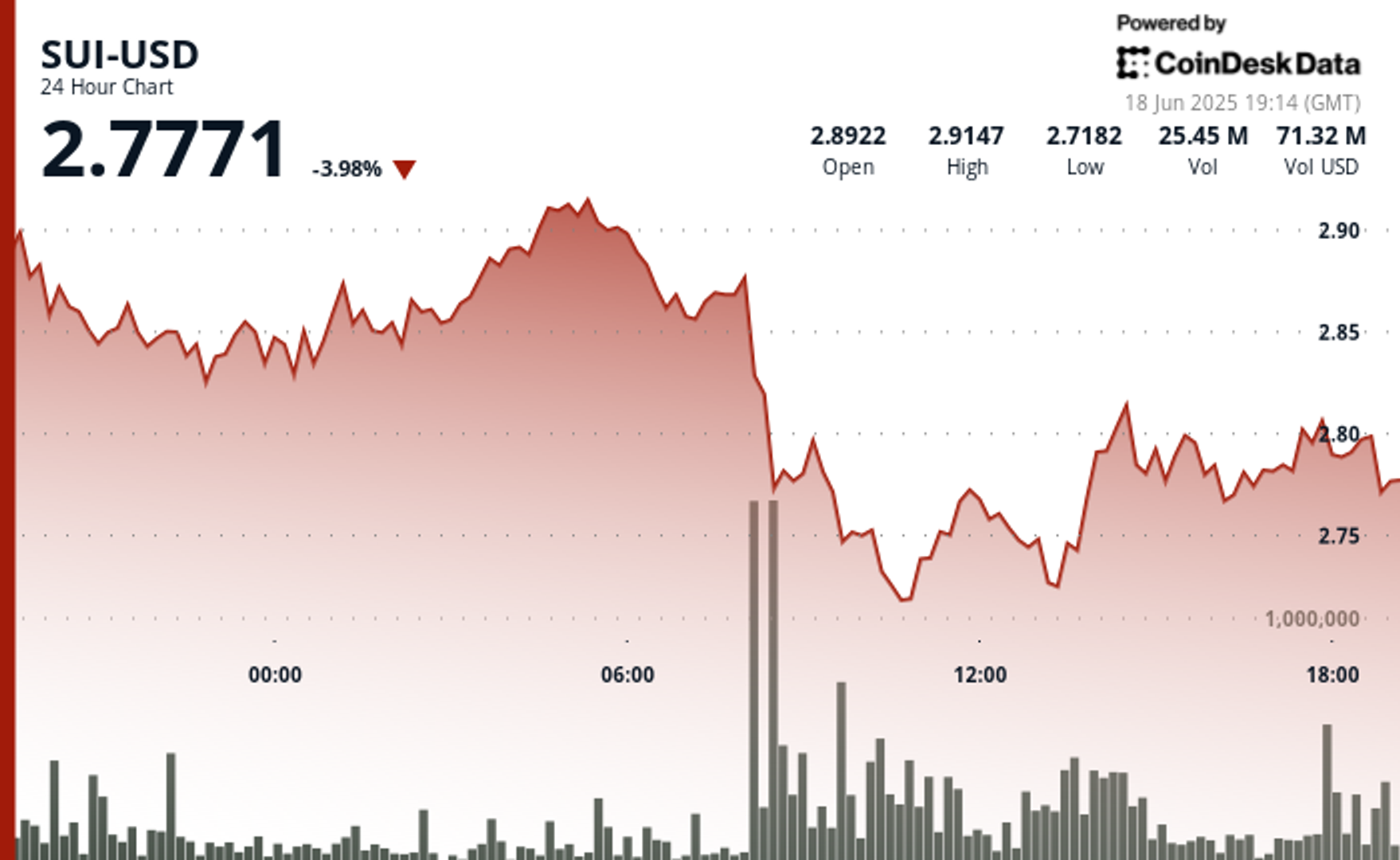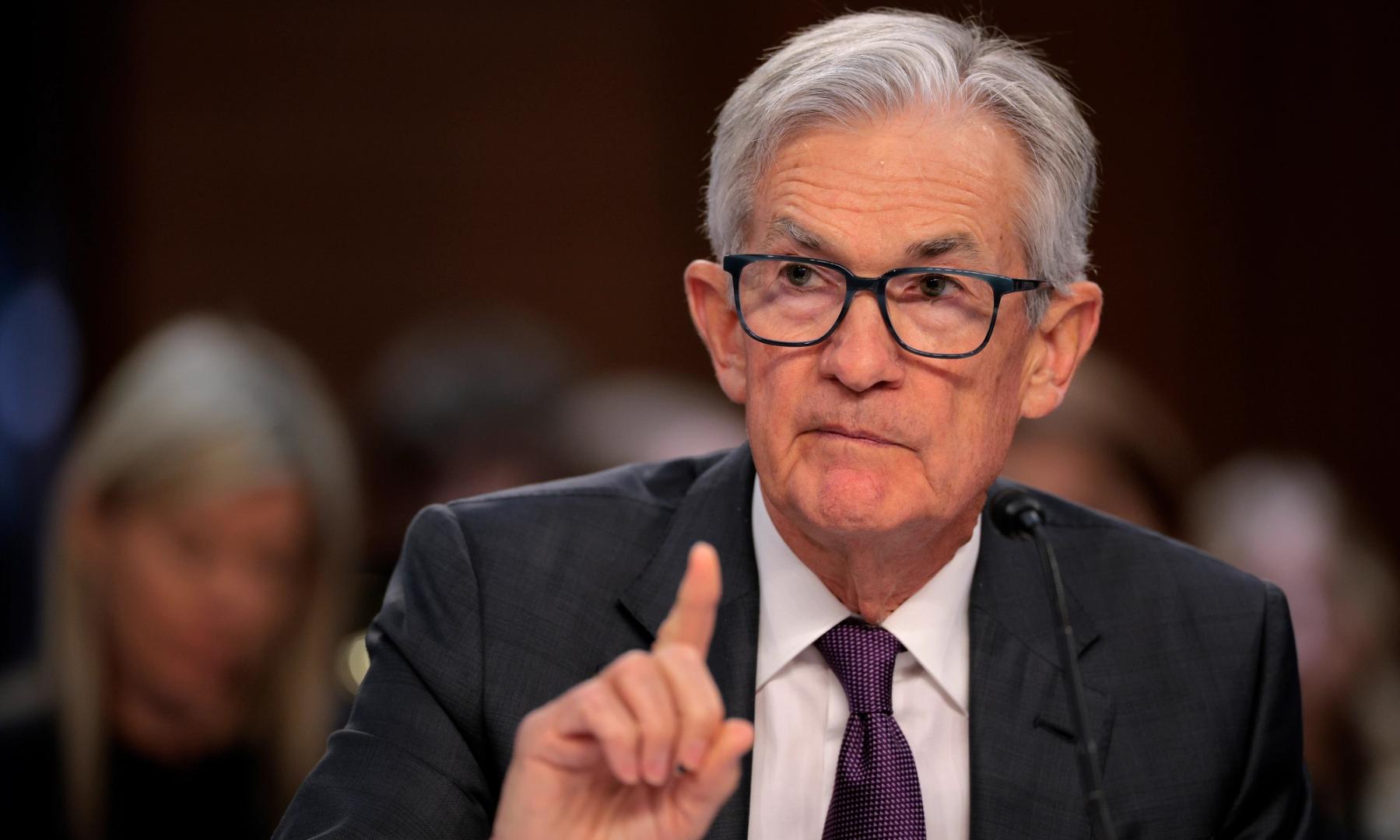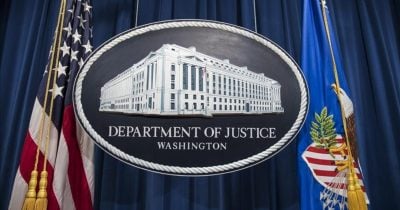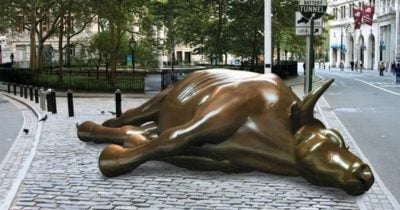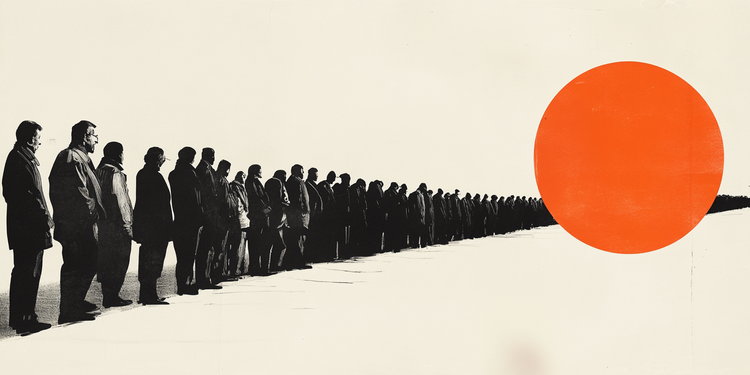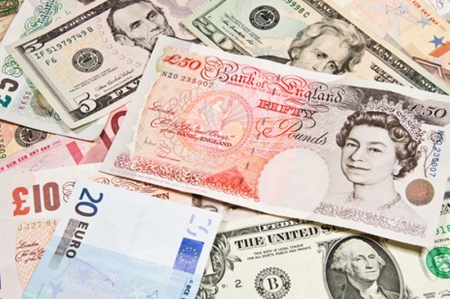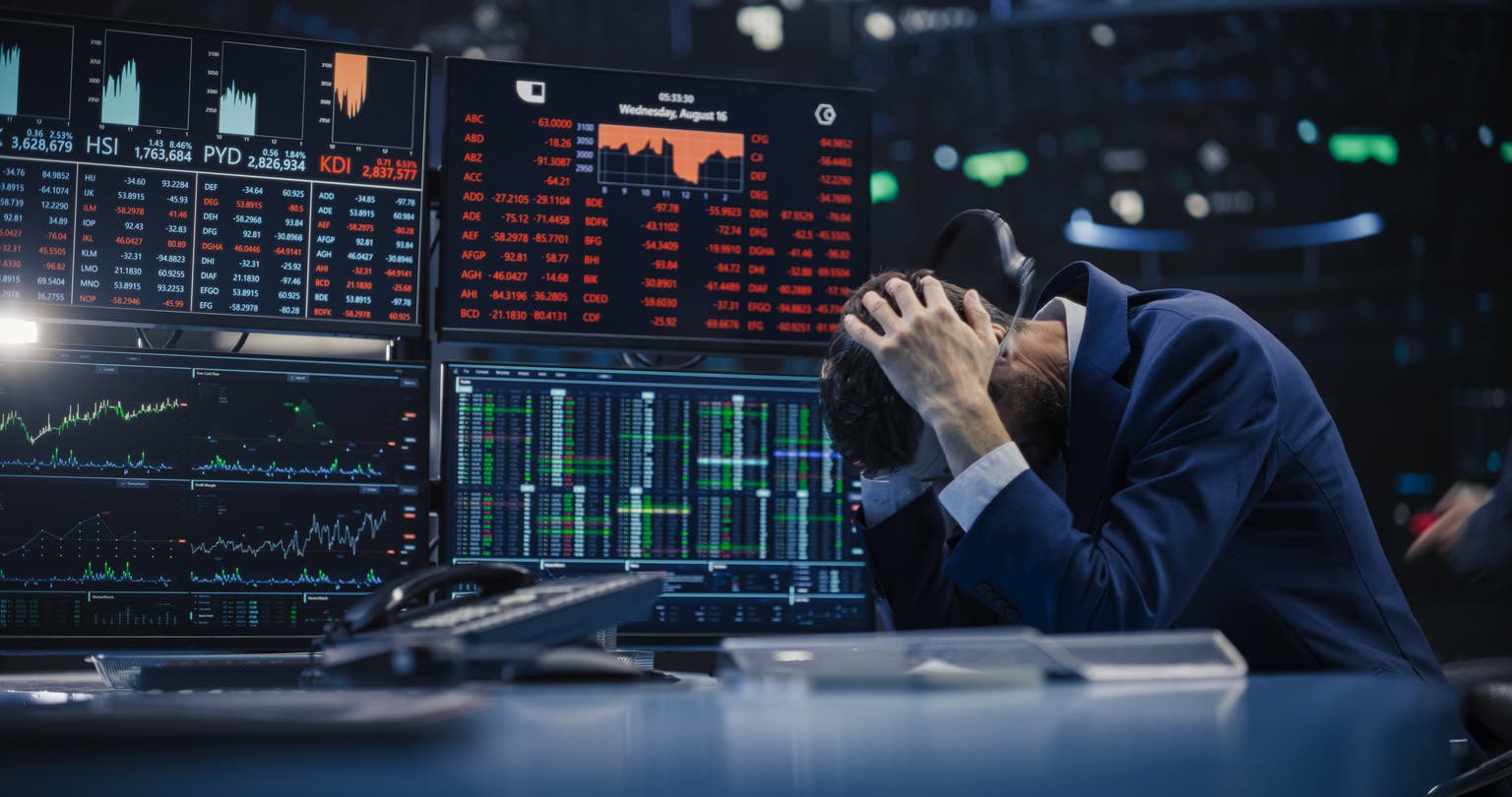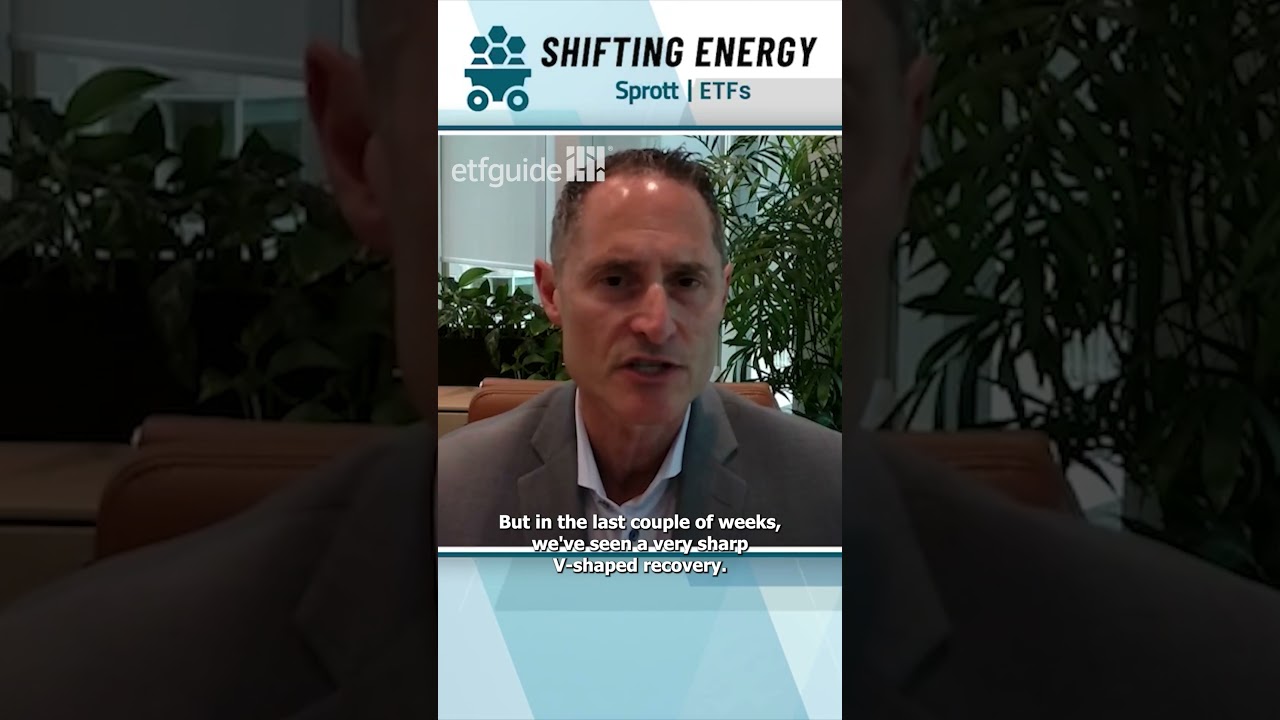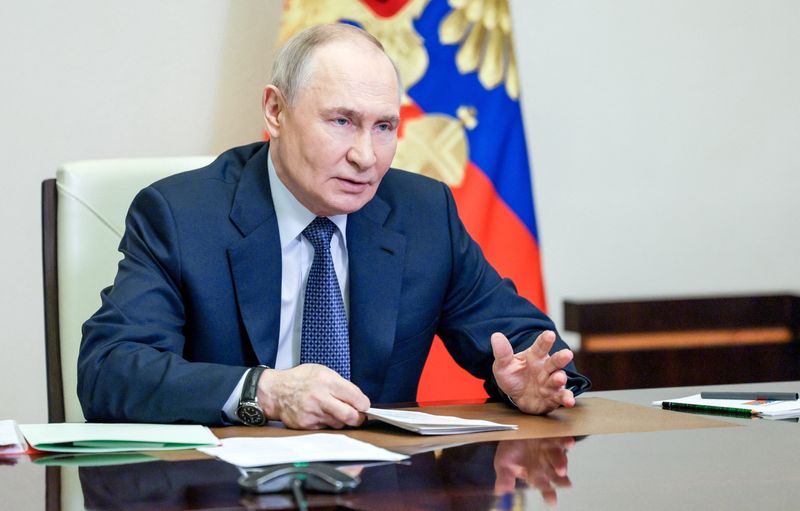‘Big Short’ investor warns the precarious tariff environment reminds him of WWI—and a trade war would send the U.S. into a recession
"The tariffs and the potential for a trade war, I think, is really the only risk to the market right now,” Steve Eisman said.

- Should failed tariff negotiations lead to a trade war, the global economy is likely headed toward a recession, “The Big Short” investor Steve Eisman told CNBC this week. Eisman said the tariffs were the “only real risk” to the markets and warned the U.S. should be especially concerned with negotiating with the European Union ahead of the approaching July 9 trade-deal deadline.
Global markets will enter dire economic straits if President Donald Trump’s ongoing tariff stance leads to an all-out trade war, warns billionaire investor Steve Eisman.
The former managing director of Neuberger Berman—who successfully anticipated and profited from the 2008 stock market crash, and whose profile served as the basis for Michael Lewis’ book (and later, the 2015 film) “The Big Short”—said in a CNBC interview on Tuesday the U.S. economy and markets will flourish if the Trump administration is able to facilitate truces with the various nations on which he has imposed tariffs. But if that doesn’t happen, “chances are, we go into a global recession.”
“The tariffs and the potential for a trade war, I think, is really the only risk to the market right now,” Eisman said. “It’s completely binary, and I really have no way of handicapping it.”
Trump’s whipsaw tariff decisions have rattled both consumers—who have sharply cut back on spending as a result of the levies—and investors, who, like Eisman, see tariffs as a threat to the global economy. A Bank of America Global Fund Manager Survey published this week found 47% of the 222 fund managers surveyed said they believed a global recession as a result of a trade war was the biggest “tail risk” to markets.
Trade deals, such as with the UK and a tentative truce with China, have tempered these concerns. JPMorgan Research lowered its probability of U.S. and global recessions from 60% to 40% at the end of May, citing decreased trade tensions as a result of Trump slashing Chinese tariffs. The U.S., however, has yet to resolve its trade issues with the European Union ahead of a crucial July 9 deadline.
Eisman drew similarities between the rocky trade environment and lead-up to World War I, likely referring to a series of treaties forged in the decades before the war designed to settle regional skirmishes that, in reality, created two massive, and eventually opposing, alliances.
“Nobody wanted World War I, and yet, because of all the reciprocal treaties that existed between countries, they somehow ended up there,” he said. “I don’t think anybody wants a trade war, but it’s certainly possible.”
Not just China
Though trade talks with China have taken center stage, Eisman argued the process of solidifying trade relations with Europe is “more interesting,” given the EU’s concerns with regulations, as well as value-added tax (VAT). With 27 member states, the EU has to balance myriad agendas, complicating a potential trade deal.
“Negotiating with Europe is like trying to herd cats given the way they’re structured,” Eisman said.
Trump has claimed the EU was created to “screw” the U.S., threatening to impose, then later pausing, a 50% tariff on the union. As part of negotiations, the administration has tried to pressure the EU to loosen tech regulations he claims are inhibiting growth of U.S. companies. Trump also opposes VAT, essentially a sales tax that accumulates through each stage in a product’s supply chain. The president has interpreted VAT as another trade barrier, arguing the tax puts undue financial pressure on U.S. businesses trying to export to Europe.
Trump has signalled that the U.S. is not yet satisfied with provisions of the agreement, telling reporters on Tuesday, “We’re talking, but I don’t feel that they’re offering a fair deal yet.”
Trump’s former commerce secretary Wilbur Ross warned that after successful negotiations with China and the UK, the Trump administration may become overconfident in negotiations with the EU, pushing away European allies.
“One fear is that if our government feels too chesty with their progress, they may overplay the hand and get to levels that are hard—maybe even impossible—for the other countries to give in,” Ross told Fortune last week.
“This is going to be hard, but our country’s goal should be to help make European nations stronger and keep them close,” he added.
This story was originally featured on Fortune.com

